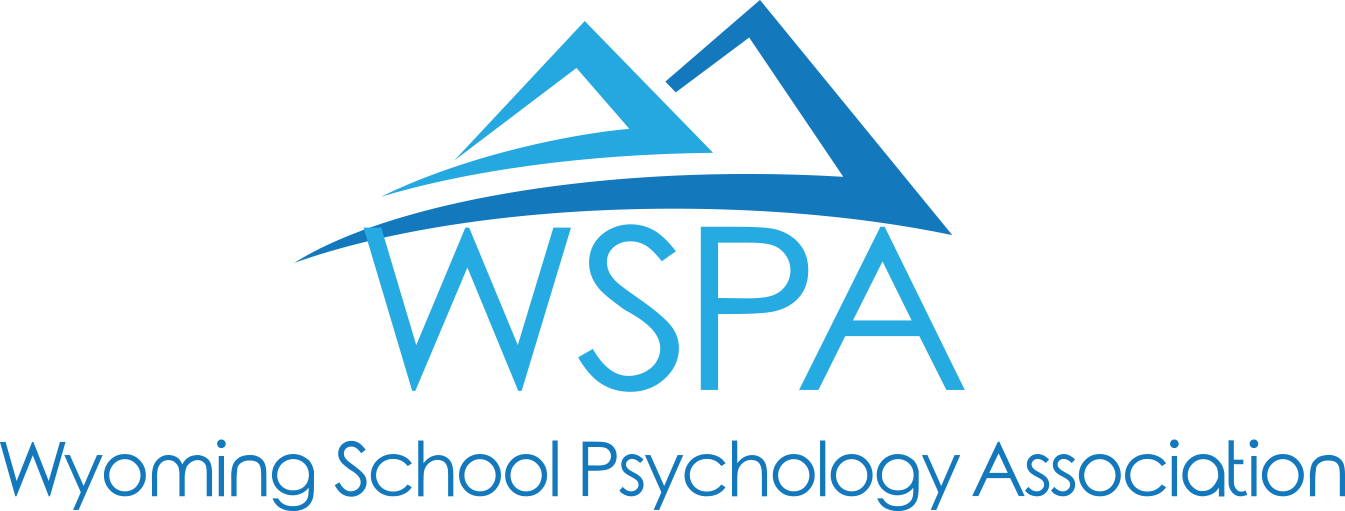***This post was written by Stacey Kern, Conferences Chair for WSPA***
The first National Autism Awareness Month was held in April 1970 by the Autism Society of America (www.autism-society.org) in order to raise awareness of a widely misunderstood disorder impacting children and families. Since that time, our awareness and understanding of Autism Spectrum Disorder has grown exponentially through the efforts of advocacy groups, research, parents, individuals on the spectrum, and professionals such as school psychologists. While our awareness and understanding of Autism has grown, there is still much for us to learn and accomplish to best meet the needs of individuals who experience differences in social communication, social interactions, and restricted, repetitive patterns of behavior, interests, or activities. Autism Awareness Month provides one avenue to continue the work of advocating for children on the spectrum.
Autism Awareness Month focuses efforts on awareness, acceptance, appreciation, inclusion, and action for individuals on the spectrum. School psychologists are uniquely qualified through training, experience, and position to lead these efforts. Ironically, though, Autism Awareness Month falls at a time when many school psychologists are tasked with the rush of spring referrals and evaluations, transition plans, end-of-the-year goal progress reports, and the myriad other responsibilities of serving children in schools. There simply may not be time to take on large-scale efforts to raise awareness and advocate for children with Autism.
So, what is a busy school psychologist, one who is uniquely qualified to be a strong advocate for children with Autism, to do to support advocacy efforts? First and foremost, school psychologists can continue to hone their skills in evaluation, intervention, and parent-school collaboration in order to effectively advocate for students all year long. For each and every individual student we serve with Autism, the better-developed our skills are, the better we are able to support and advocate for children. Honing skills doesn’t have to take enormous amounts of time and resources when one knows where to go looking. Efficient and free resources abound for the school psychologist interested in continuing professional development in the area of Autism. Here are a few of my favorites:
McKenney, E.L (2017). Endrew F.V. Douglas County School District: Implications for teams serving students with Autism Spectrum Disorder. Communiqué, 46(2), 11-14.
Barton, E.E. & Harns, B. (2014). Educating Young Children with Autism Spectrum Disorders: A Guide for Teachers, Counselors, and Psychologists. New York, NY: Skyhorse Publishing
Wong, C., Odom, S. L., Hume, K. Cox, A. W., Fettig, A., Kucharczyk, S., Brock, M.E., Plavnick, J.B., Fleury, V.P., & Schultz, T. R. (2014). Evidence-based practices for children, youth, and young adults with autism spectrum disorder. Chapel Hill, NC: The University of North Carolina, Frank Porter Graham Child Development Institute, Autism Evidence-Based Practice Review Group. Retrieved from
http://autismpdc.fpg.unc.edu/sites/autismpdc.fpg.unc.edu/files/2014-EBP-Report.pdf
Wilkinson, L.A. (2014). Autism Spectrum Disorder in Children and Adolescence: Evidence-Based Assessment and Intervention in School. Washington, D.C.: American Psychological Association
http://asfpodcast.org/ – Weekly podcast
https://autismsciencefoundation.org/
Secondly, school psychologists can position themselves on local, state, and national level teams to advocate for students and families on the spectrum. Advocacy efforts can take as little or as much time and effort as you have to give. Advocacy can range from small-scale efforts such as writing a blog post or faculty letter during awareness month, providing short trainings on Autism to faculty and staff throughout the year, to medium-scale efforts such as requesting time to present a short informational session during a school board meeting, or requesting time to hold a planning meeting with your autism team, to large-scale efforts such as linking up with a state or national level teams to address governing bodies. Regardless of how much time you have to give, there are countless ways to advocate for children with Autism. Check out www.nasponline.org/research-and-policy/advocacy-tools-and-resources for ideas for advocacy.
Lastly, strong advocacy requires a great system of individuals who can help support efforts. School psychologists don’t have to do it alone! Connecting with other school psychologists in order to learn, grow, share, and problem solve can be a key strategy to the success of our advocacy efforts. Additionally, reaching out and collaborating with teachers, administrators, other related service providers, parents, and community resources is a great way to build an advocacy team.
As April approaches, and your plates continue to be filled with professional responsibilities, I would just encourage you to take a moment to reflect on ways, either simple or grand, that you can continue to advocate for your students with Autism. We have learned much, but have much more work to do to better meet the needs of children and families with Autism. School psychologists belong at the forefront of advocacy efforts! If you have a moment, feel free to share with others who read this blog the ways you advocate for your students. Your efforts will be much appreciated!

Recent Comments